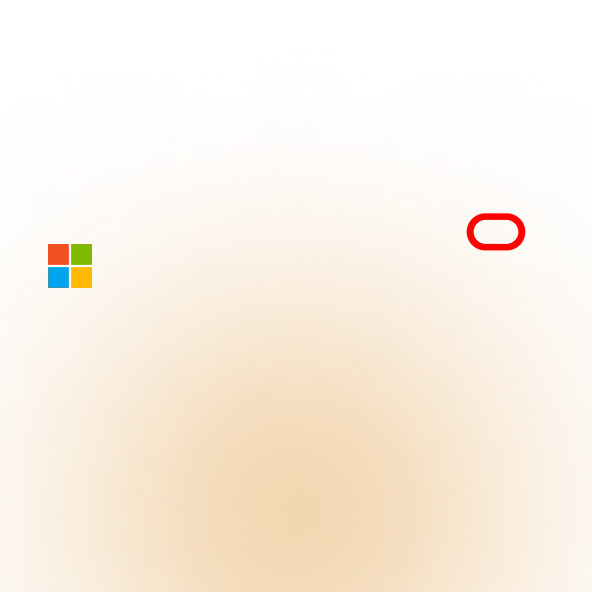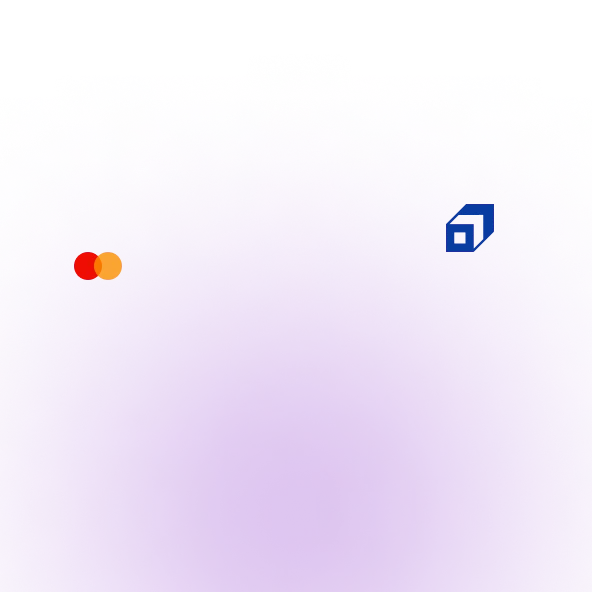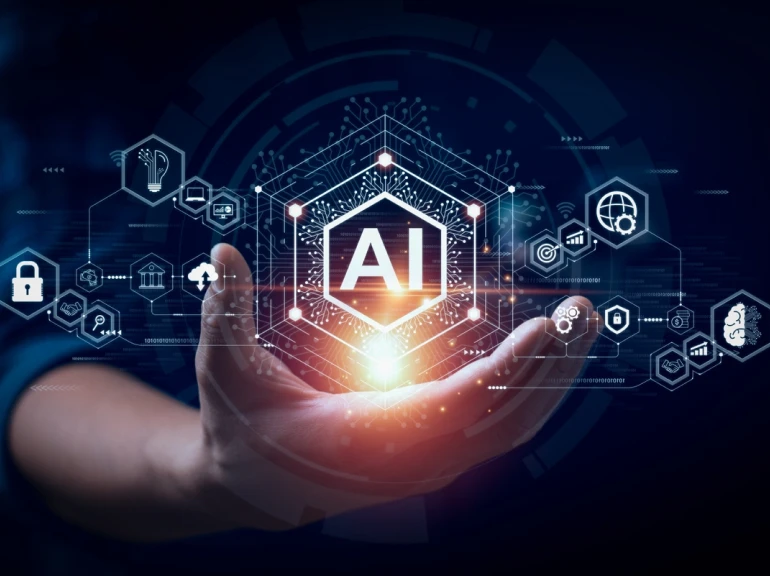Module 1 - Data Foundations (~1 month) Your AI journey starts here, with a deep dive into data analytics, visualization, and probability. You’ll work with industry-standard libraries like NumPy and Pandas to manipulate and clean data, then practice EDA (exploratory data analysis), plotting, and visualization with Matplotlib and Seaborn. Along the way, you’ll strengthen your probability foundations (Bayes theorem, distributions, central limit theorem), ensuring you can reason about uncertainty and data like a professional.
Module 2 - ML Coding (Applied AI-ML) (~5 months) - Supervised learning: From regression for trend prediction to classification algorithms like logistic regression, KNN, decision trees, and ensemble methods (bagging & boosting).
- Unsupervised learning: Learn clustering (k-Means, GMM, DBSCAN), anomaly detection, and dimensionality reduction to uncover patterns in unlabeled data.
- Time series & recommendation systems: Build models that forecast demand and personalize user experiences in industries like finance, e-commerce, and healthcare.
- Neural networks: Understand the math and mechanics of perceptrons, activation functions, loss functions, optimizers, and weight initialization — then implement them in frameworks like TensorFlow and PyTorch.
- Computer vision: Explore OpenCV and applied deep learning (CNNs, LSTMs, GRUs, autoencoders, transfer learning) to build intelligent vision systems.
- Natural language processing: From text preprocessing and topic modelling to advanced architectures like Transformers and GPT, you’ll learn how machines process and understand human language.
By the end of this module, you’ll have built and deployed real-world ML systems across text, image, and time-series data.
Module 3 - LLM & GenAI Engineering (~5 months) This module equips you to work at the frontier of AI innovation — designing, deploying, and scaling large AI systems.
- Agentic AI: Learn prompt engineering, security, RAG (retrieval-augmented generation) architectures, LangFuse pipelines, vector databases, and multimodal AI systems.
- MLOps: Bridge the gap between ML models and production with CI/CD pipelines, Docker, MLFlow, and AWS SageMaker, ensuring scalability and reliability.
- System design: Master fundamentals of ML system design, microservices, design patterns, and scaling for cost-effective AI solutions.
- LLMOps: Operationalize large language models by covering fine-tuning, serving, monitoring, cost management, and ethical governance.
This module ensures you can engineer AI solutions end-to-end, from cutting-edge LLMs to robust, production-ready systems.
Module 4 - Advanced ML, Deep Learning & NLP Push beyond applied skills into advanced theory and research-grade expertise.
- Mathematical foundations: Strengthen probability, optimization theory, and loss functions for a research-level grasp of ML.
- Advanced ML: Develop algorithms from first principles, sharpen statistical learning skills, and prepare for advanced ML interviews.
- Advanced deep learning: Understand the inner workings of backpropagation, fine-tuning, and model interpretability to build safe, trustworthy AI.
- Advanced NLP: Go deeper into attention mechanisms and Transformers (BERT, GPT), enabling you to build and fine-tune state-of-the-art language models.
- DSA for AI: Develop problem-solving and algorithmic thinking to crack technical interviews and design optimal solutions for complex real-world AI challenges.
Module 5 - Advanced AI Engineering by CEC, IIT Roorkee Wrap up your learning journey with an IIT Roorkee Advanced AI Module.
- 2-day campus immersion with IIT faculty
- Hands-on applications in AI for healthcare and LLMs for workplace productivity. This gives you both advanced exposure and a powerful credential for your resume.
1. Foundational Concepts and Python Machine learning starts with data literacy. In this module, you’ll learn to explore and prepare data using NumPy, Pandas, Matplotlib, and Seaborn. You’ll master descriptive statistics, probability, combinatorics, and the Central Limit Theorem, ensuring you can reason about data like an expert.
2. Maths for ML Mathematics is the backbone of ML algorithms. You’ll dive into linear algebra (vectors, dot products, hyperplanes), calculus (gradients and optimization), and probability theory. By the end, you’ll understand how gradient descent works and why loss functions matter — skills that separate practitioners from hobbyists.
3. Core Machine Learning Algorithms Traditional algorithms are essential even when moving on to deep learning. This module covers:
- Linear and logistic regression
- k-Nearest Neighbors
- Decision trees, random forests, bagging, and boosting
- Naive Bayes and Support Vector Machines
- Clustering with k-Means and hierarchical methods
You’ll build, evaluate, and finetune these models, laying a strong foundation for advanced topics.
4. Deep Learning and Neural Networks Deep learning powers applications from self-driving cars to voice assistants. You’ll learn about neurons and multi-layer perceptrons, then build neural networks from scratch using TensorFlow and PyTorch. Topics include convolutional neural networks for image processing, recurrent neural networks (RNNs) and LSTMs for sequence data, attention mechanisms and Transformers for natural language, and techniques to interpret model behaviour. These lessons serve as your deep learning course, deep learning tutorial, and neural networks training rolled into one.
5. Time-Series Analysis & Recommender Systems For forecasting and personalization, time-series and recommender systems are essential. You’ll explore moving averages, exponential smoothing, ARIMA models, and interpolation techniques. You’ll also build recommender systems using collaborative and content-based filtering, thereby understanding both the algorithm and the business context.
6. Advanced Machine Learning Specializations Once you’ve mastered the core, you can choose advanced machine learning courses and specializations in areas such as:
- Applied machine learning: Practical implementations, deployment, and model monitoring.
- Reinforcement learning: Building agents that learn through reward maximization.
- Natural language processing: In-depth look at language models, GPT-style transformers, and generative AI.
- Computer vision: Object detection, segmentation, and generative adversarial networks.
These modules act as both an advanced machine learning course and a deep learning specialization, helping you stand out in a crowded job market.

 Callback Requested
Callback Requested
 Call back Requested
Call back Requested


 Callback Requested
Callback Requested
 Call back Requested
Call back Requested





















































































